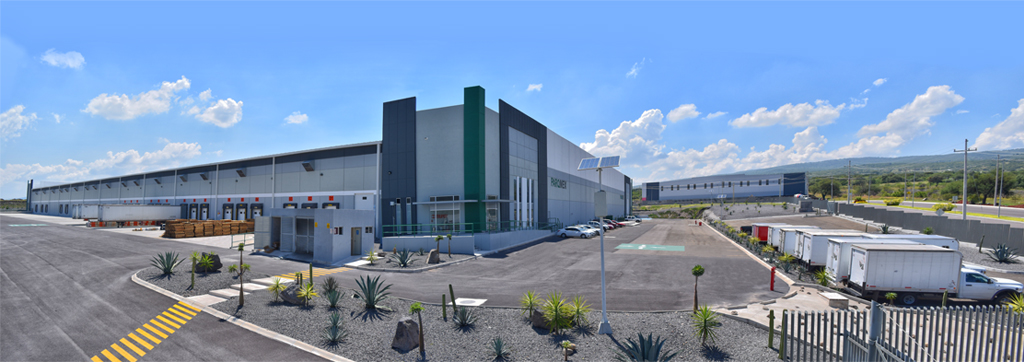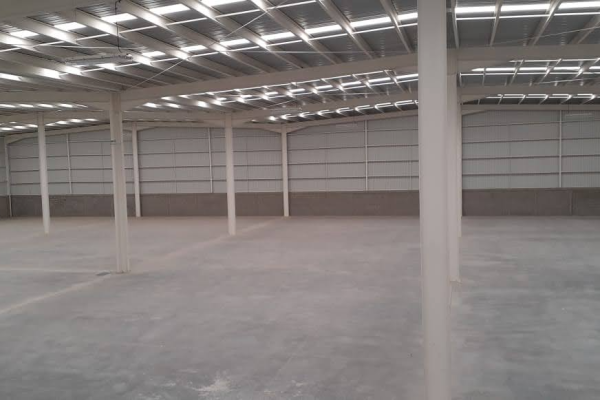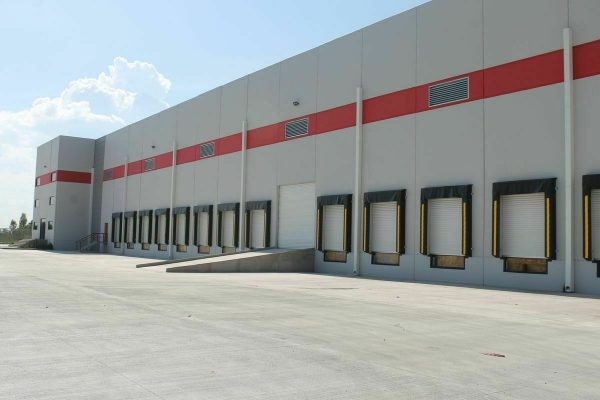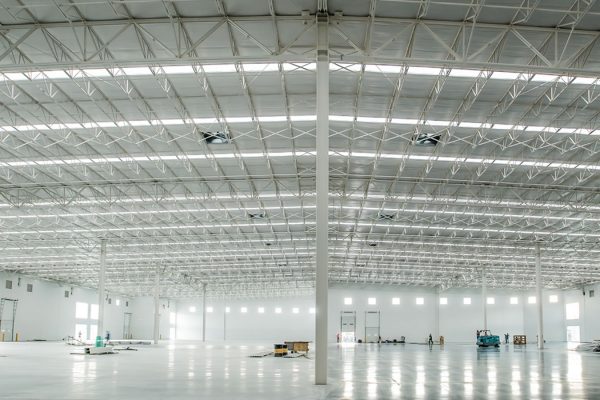The global economy experienced a strong blow with the global pandemic, triggering crucial reflections on the vulnerability of the global value chain. In this scenario, the response of the manufacturing sectors to this situation could determine both their future and that of the regions where they operate.
Consequently, several transnational companies have chosen to relocate their production, seeking to protect themselves against supply chain disruptions and reduce their dependence on industrial zones abroad, such as Wuhan (China), the place of origin of the SARS-CoV-2 coronavirus. .
Although no country is immune to disruptions in its production and logistics ecosystem, Mexico has emerged as a key manufacturing hub in North America. This attractiveness is due to the entry into force of the renewed Mexico-United States-Canada Treaty (T-MEC, formerly NAFTA), which guaranteed certainty in commercial exchanges and ratified tariff preferences for manufacturers established in Mexican territory. Furthermore, trade tensions between China and the United States, along with the tariff war since 2018, have contributed to this change. Mexico’s logistical advantages, in terms of transportation times and costs compared to the 30-40 days of an Asian ship to California, have also strengthened its position.
The global boom in e-commerce, driven by prevention and social distancing measures, has added an additional component to the increase in demand for industrial spaces.
These factors have led some manufacturers in Mexico to proclaim that “the benefits of producing in Asia are over”, giving rise to the rise of “nearshoring” (relocation of production to the country closest to the consumer market) as the most convenient investment. in terms of costs and manufacturing quality. Read on to explore the sectors that benefit most.
Nearshoring and Manufacturing: Most Benefited Sectors
The manufacturing industry in Mexico stands out as one of the most competitive worldwide. In addition to offering competitive labor and costs, it has advanced technology and maintains high quality standards.
In recent decades, the presence of original equipment manufacturers (OEM) has increased, establishing plants in Mexico to take advantage of strategic advantages such as location, extensive logistics infrastructure, and consolidated supply and export chains.
The main manufacturing industry clusters that benefit from nearshoring in Mexico span various sectors, including automotive and auto parts, aerospace, medical devices, pharmaceuticals, electronics and appliances, as well as information and communication technologies (ICT).
Automotive and Auto Parts
In the last 10 years, production and sales of the Mexican automotive industry have experienced exponential growth. 80% of export vehicles are destined for Mexico’s partners in the T-MEC: the United States and Canada. In addition, Mexico stands out as one of the main suppliers of parts and components globally, leading the production of trucks and specialized vehicles. Manufacturers such as Mercedes-Benz, Volkswagen, Audi, FCA, Hyundai, Mazda, Toyota, Kia, Nissan and Ford have installed plants in various regions of the country.
Specific opportunities vary depending on the area of the country, the most notable being:
Northern Border: About 81% of automotive export production is concentrated in 12 metropolitan areas in northern Mexico, including Tijuana, Hermosillo, Chihuahua and Monterrey.
Central-Bajío-Occident: Guanajuato, Aguascalientes, Querétaro, Jalisco, San Luís Potosí and Zacatecas are regions with a high concentration of OEMs and Tier 1 and Tier 2 suppliers.
Puebla, State of Mexico and Veracruz: The Central-Eastern part of the country has attracted international auto parts manufacturers, increasing their participation in the logistics and supply chain of the sector, with notable industrial corridors such as Toluca-Lerma.
Aerospace
The main aerospace clusters in Mexico are located in Sonora, Baja California, Chihuahua, Nuevo León and Querétaro. Each of these clusters has its own specialization, developed supply chains and strong links with communities, governments and academic institutions, following the “quadruple helix” model. The Mexican aerospace ecosystem has experienced constant growth, attracting more than $3.4 billion in foreign direct investment (FDI) between 1999 and 2020. The main investors in this sector are the United States (63.9%), Canada (24.6%). and France (7.4%).
Medical devices
In Mexico, eight main clusters dedicated to the manufacturing of prostheses and medical and surgical instruments are identified. The largest of these is located in the state of Baja California and is home to more than 60 companies. This industry finds its main export market in the United States, consolidating itself as the third exporting power worldwide.
Pharma
Mexico stands out for having a highly developed pharmaceutical industry, which includes more than 200 companies, including recognized multinational firms. Although the most prominent clusters are located in Mexico City and Jalisco, states such as the State of Mexico, Puebla and Michoacán also play a relevant role. In 2021, the state of Hidalgo signed agreements with six Indian producers to promote a new generic medicines cluster.
Electronics and Appliances
Mexico is characterized by having eight electronic device manufacturing clusters and six dedicated to household appliances, distributed throughout the country. States such as Baja California, Coahuila, Nuevo León and the State of Mexico stand out for having a significant presence of manufacturers in both sectors, which export globally.
Information and Communication Technologies (ICT)
With a value of 13.7 billion dollars, Mexico has the second largest technology sector in Latin America, only surpassed by Brazil. In 2018, Mexico was positioned as the second exporter of devices for transmission/reception of voice, images or other data, including wireless or radio communication devices (except cell phones). Its main export destinations were the United States, Hong Kong, Malaysia, China and Israel.
T-MEC: Boost for Manufacturing Investments
The strength of each manufacturing branch and Mexico’s productive advantages are reinforced by the certainty of the T-MEC. This trilateral agreement, successor to NAFTA, offers new investment opportunities through provisions that include:
Duty-free access to the Mexican market for assembly and light manufacturing operations, reducing costs and paperwork.
Rules of origin that benefit OEMs and suppliers, establishing increases to the regional content value in automobiles and light and heavy trucks.
Investment security with a transparent legal framework and dispute resolution mechanisms.
Trade in services without barriers that distort cross-border exchange.
Digital commerce that exempts digital products transmitted electronically from taxes.
Guaranteed intellectual property protection, ensuring the transparency and security of patents and technological innovations.
At LCA, we support business opportunities generated through nearshoring in Mexico and the regionalization of supply chains. Our industrial portfolio offers options such as the rental of Class A warehouses, Build To Suit projects and the sale of industrial land. We are strategically located in the most important manufacturing corridors in the country, contributing to the development of business initiatives in a favorable environment.







